r/science is really the largest science forum on the Internet. We say that we have more than 18 million subscribed users. For a point of reference, the total combined subscriber base of the top ten newspapers in the United States is around ten million.
Archive
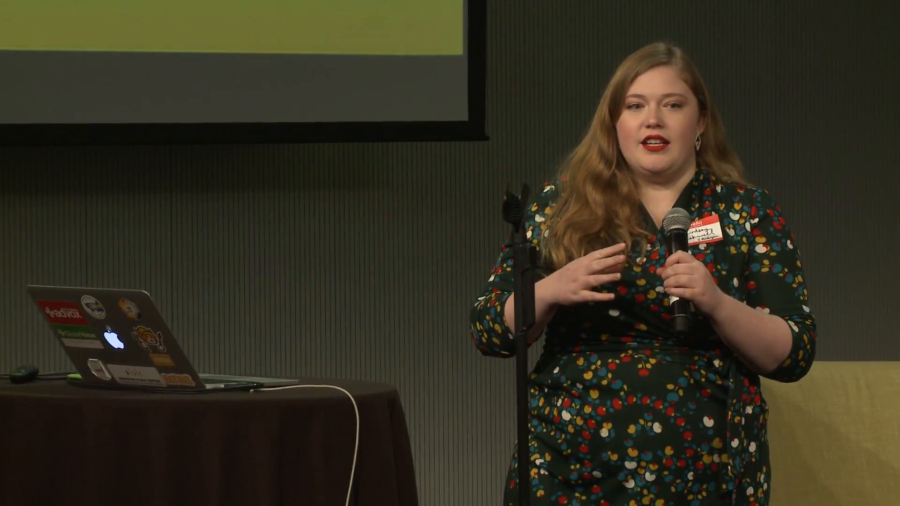
When I talk about online harassment I’m referring to a very broad spectrum of abusive behaviors that are enabled by technology platforms and used to target a user or a group of users. So this can be anything from a flaming or the use of personal insults or inflammatory language, to things like doxing or revealing or broadcasting personal information about someone such as a phone number or address, to things like stalking and impersonation and things of that nature.
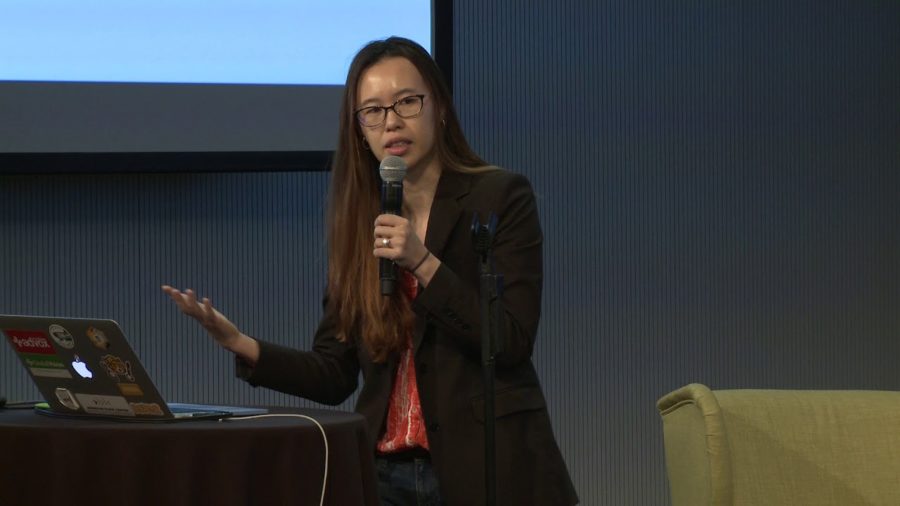
Online harassment is a huge problem today. Pew and Data & Society have done reports that show that 40 to 50% of people online experience online harassment. That’s a huge number of people.
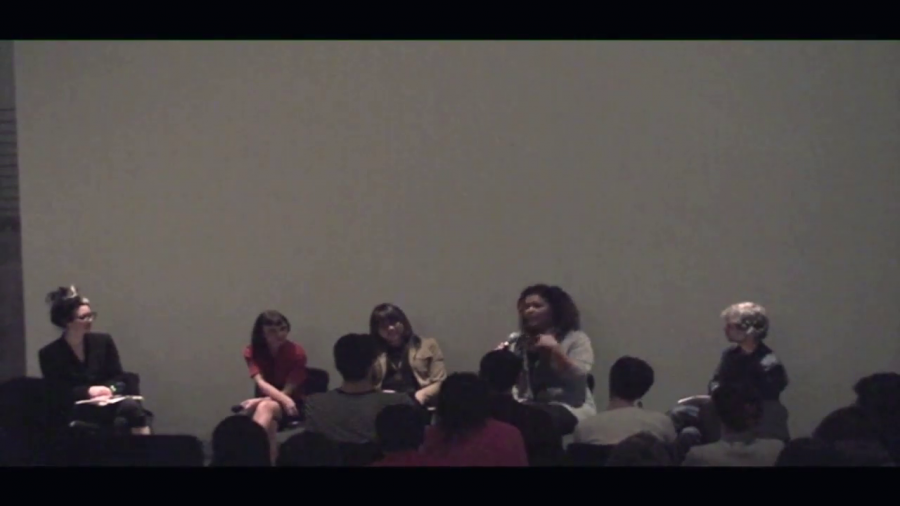
I think that we need a radical design change. And I might ask if I were teaching an HCI class or design class with you, I would say, “How are you going to design this so that not one life is lost?” What if that were the design imperative rather than what’s your IPO going to be?
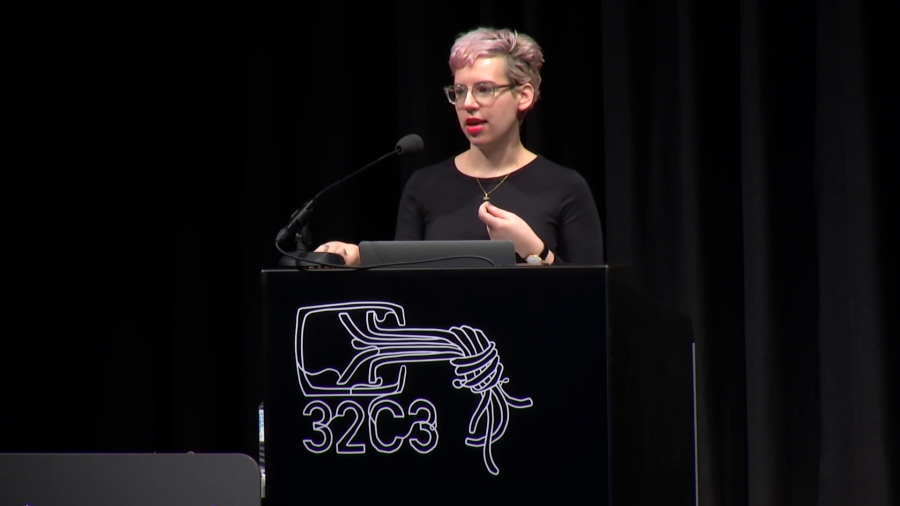
I wonder with all these varying levels of needs that we have as users, and as we live more and more of our lives digitally and on social media, what would it look like to design a semi-private space in a public network?
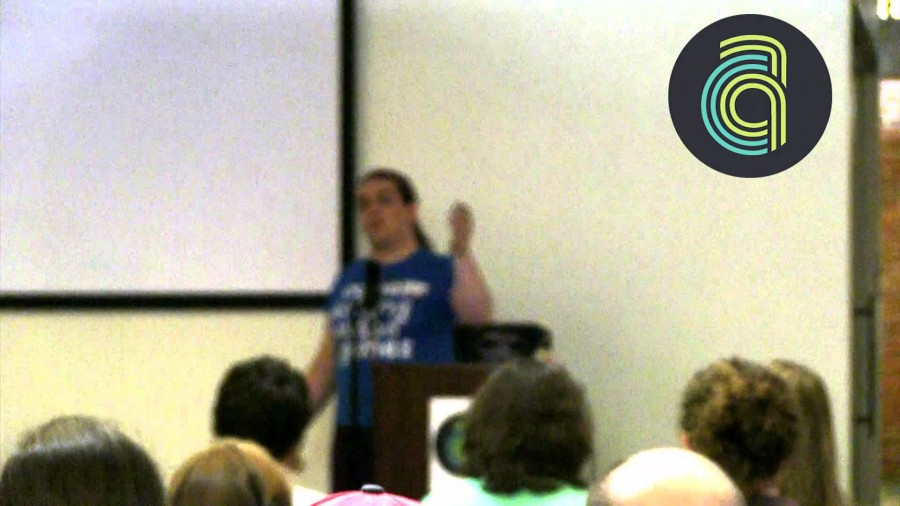
Diary games aren’t generally fun. This is part of why in a commercial market, you’re not necessarily going to see them. In fact, they’re very rarely fun at all. Some are. But usually that’s because of a person getting into it, getting into the mechanics, etc. But many are actively unpleasant to play, even some of the more fun ones.
So what I did was I made a pretty powerful anti-harassment tool, and I’m kind of leery of… It’s one of those things that like I, I feel weird about it because I don’t have a tremendous use for it myself, but I know that other people do. And I’ve talked to people about this, and I sort of made the decision not to put it on Github or be public about it for mainly the reason that I think Twitter is kind of weird with harassment, and I think they’re weird with blocking, and I think they have a strange track record of making the tools that are useful to people who are trying to protect themselves and be safer sort of weirdly harder to access and kind of obscure.

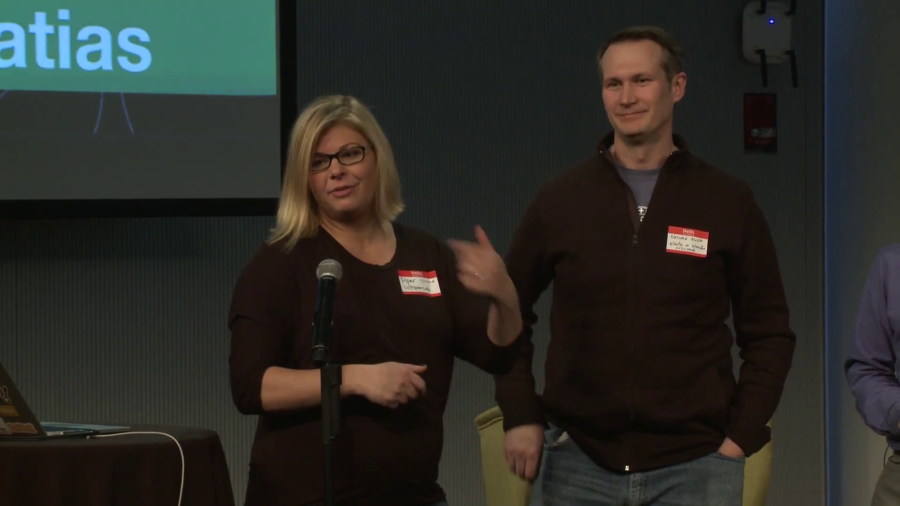
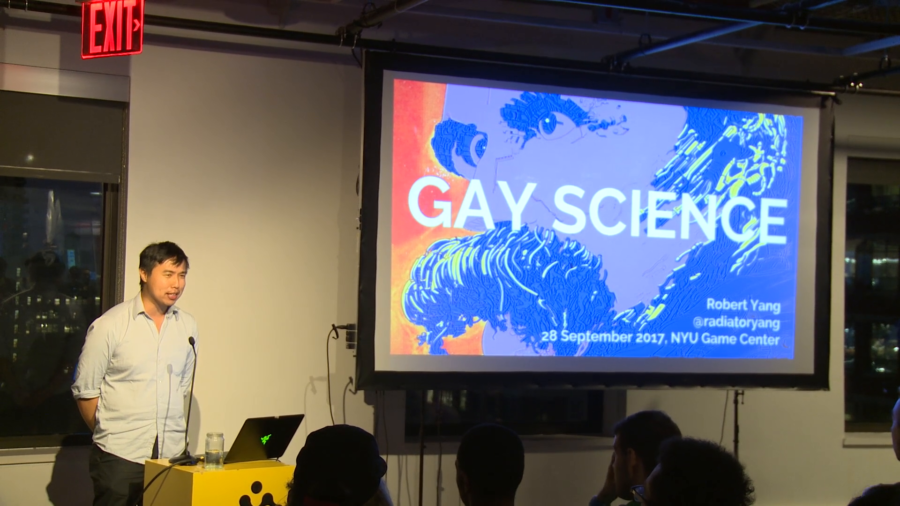
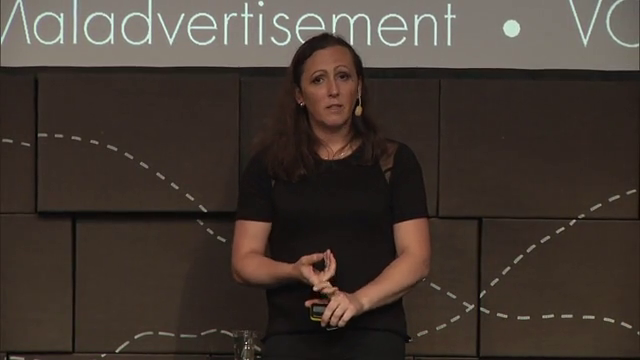
Katherine Cross at The Conference 2015
Simply put, anonymity does not cause harassment. It does play a role, but it’s much much more complicated than most people have made it out to be. The reason that this is important to understand is because it’s having a practical impact on the world right now.